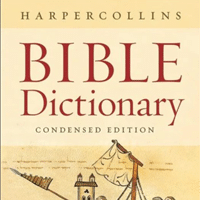Si-loo´sidz
A dynasty of Hellenistic kings that ruled an area including, at various times, Bactria, Persia, Babylonia, Syria, and southern Asia Minor after the death of Alexander the Great and until the Roman takeover of the region in the first century BCE. Of all the Seleucid rulers, Antiochus IV Epiphanes is most important as far as biblical history is concerned. His eleven-year reign was marked by an aggressive attempt to hellenize the Jews, an attempt that led to the Maccabean war and eventually to Jewish independence from Syria. The first two books of Maccabees reflect this struggle, detailing the actions of Antiochus and the successful revolt against him. The book of Daniel may also reflect the impact of Antiochus Epiphanes upon the Jews. He is usually identified with the “little horn” of (




